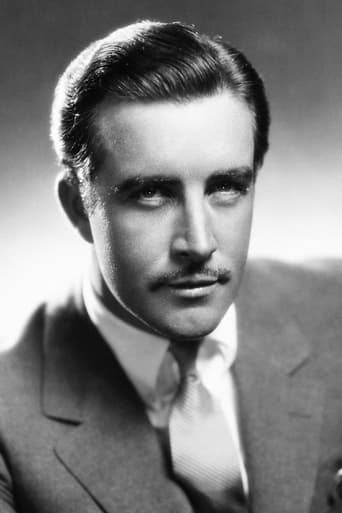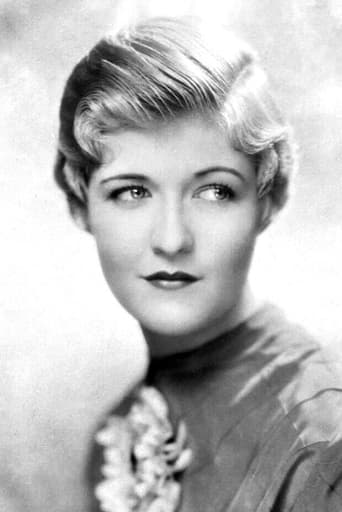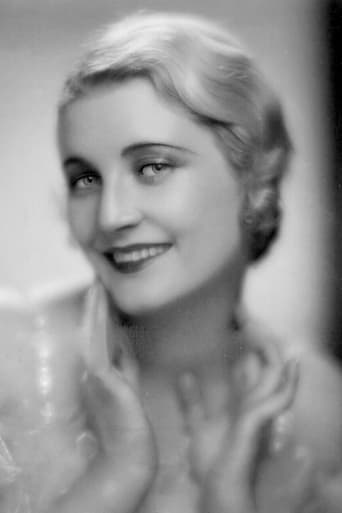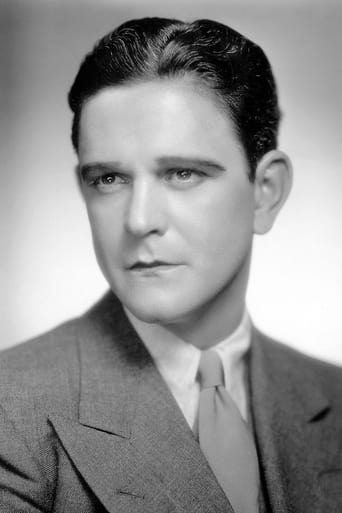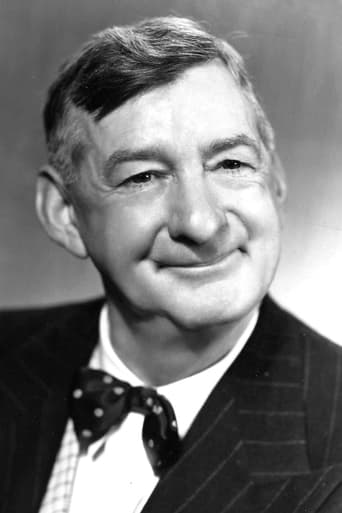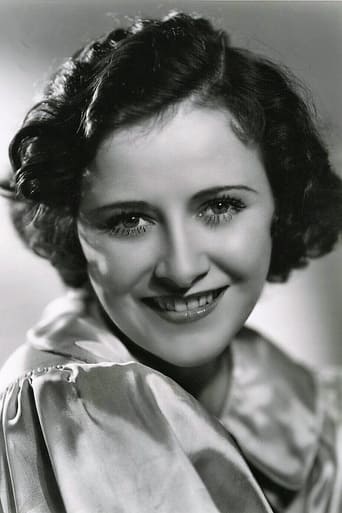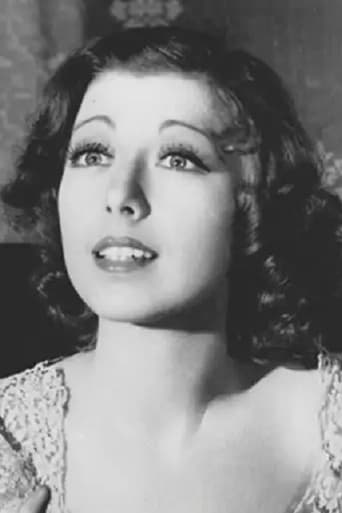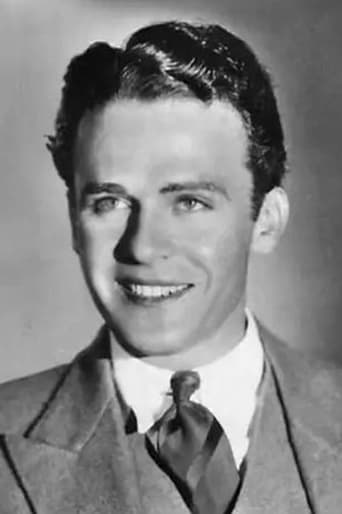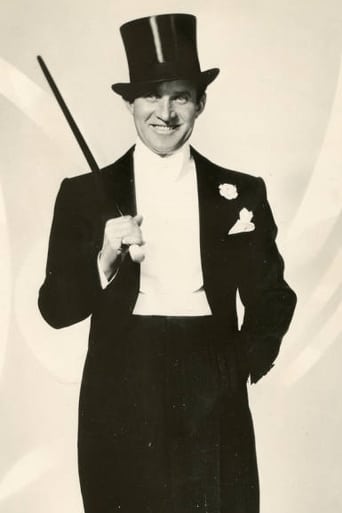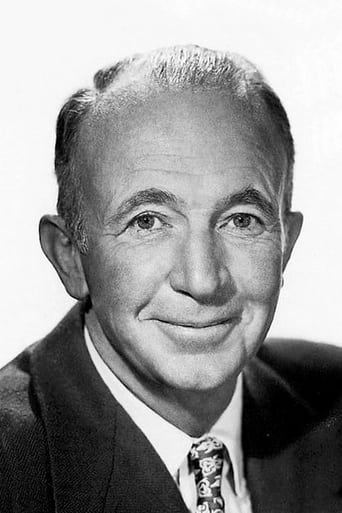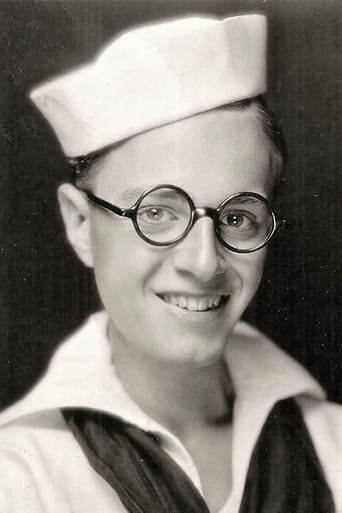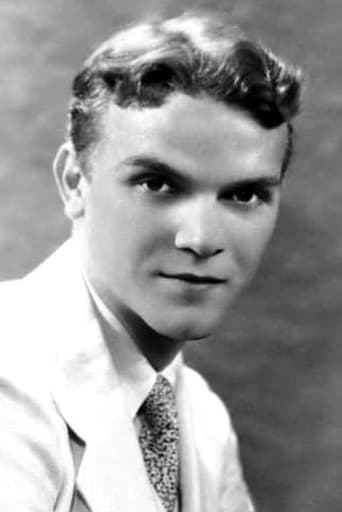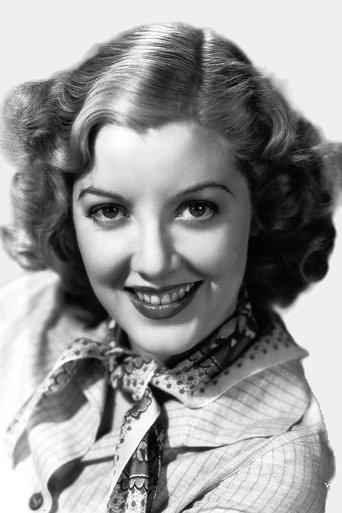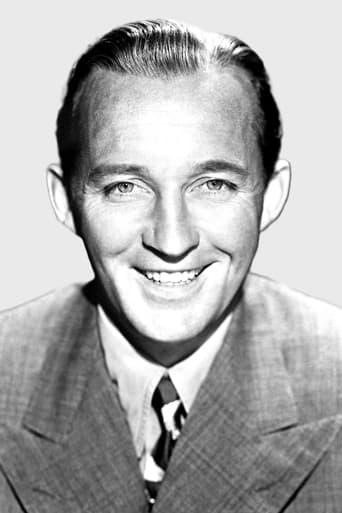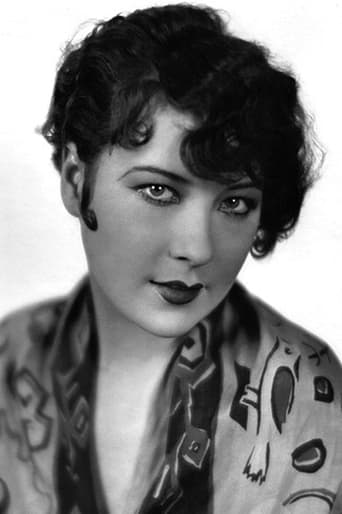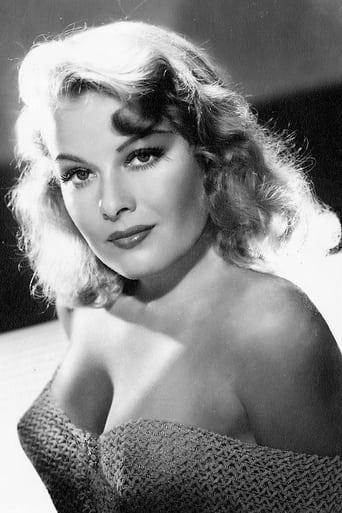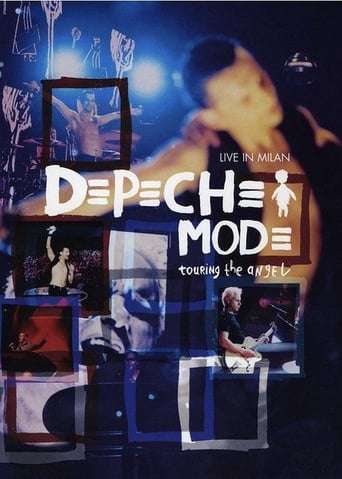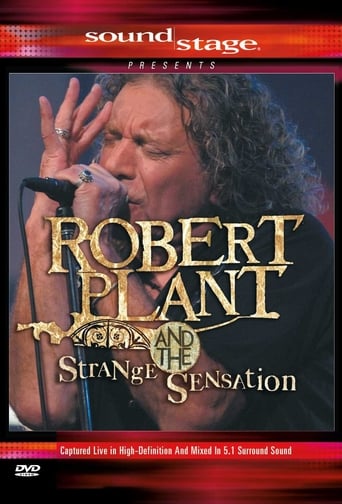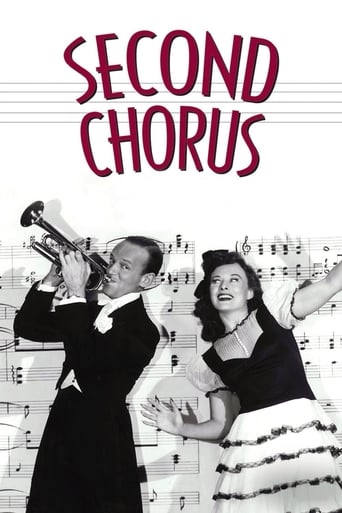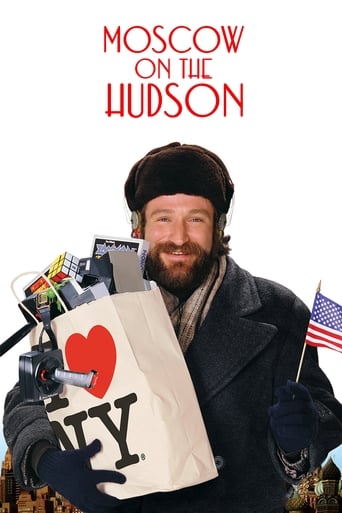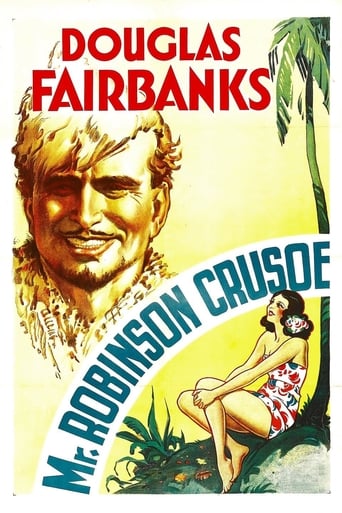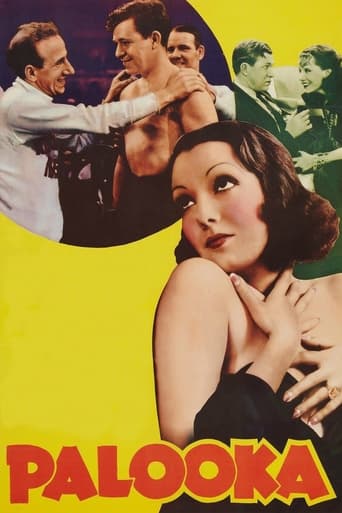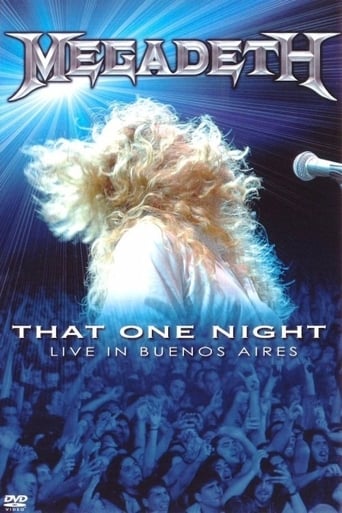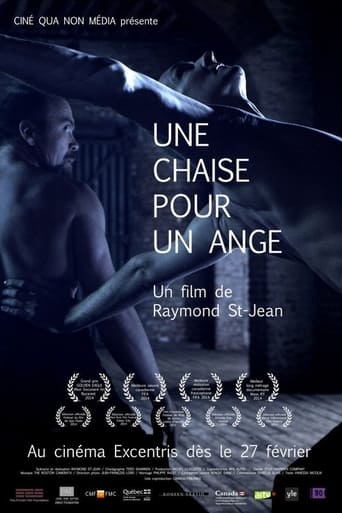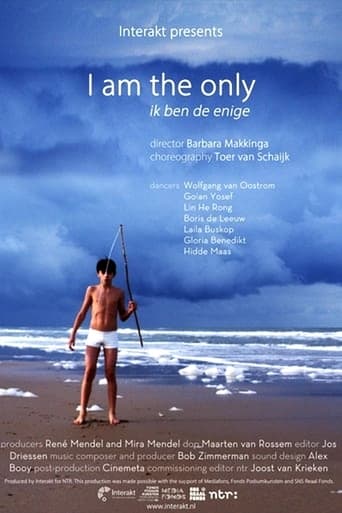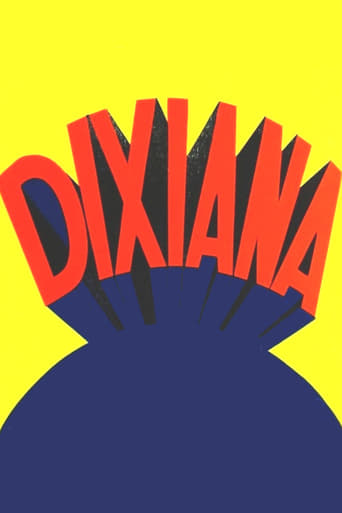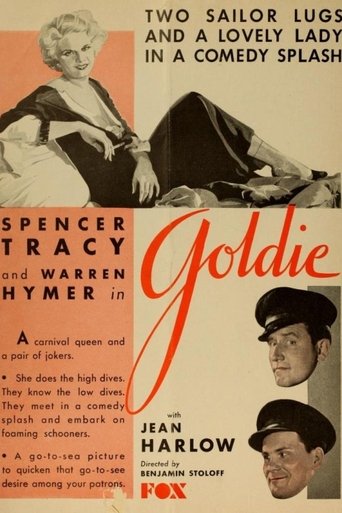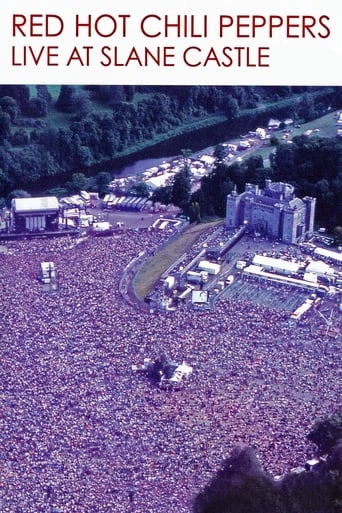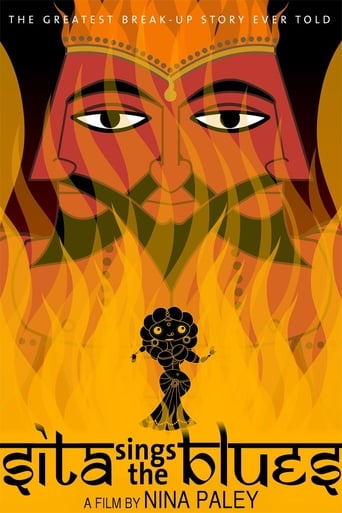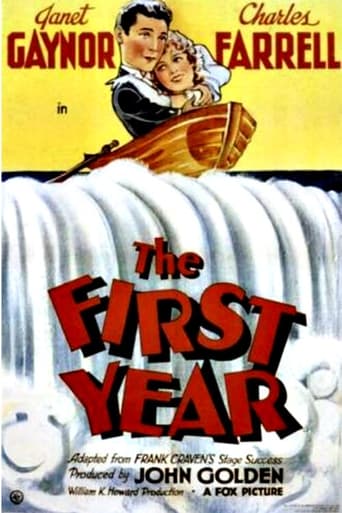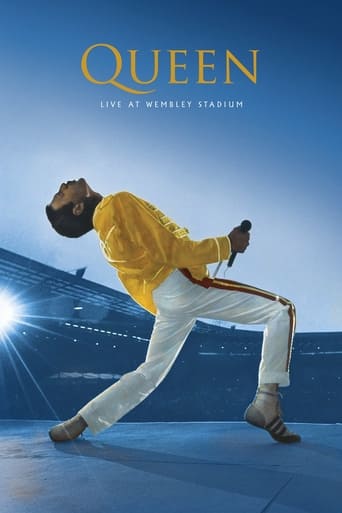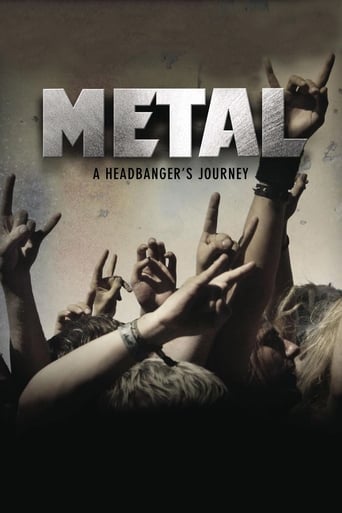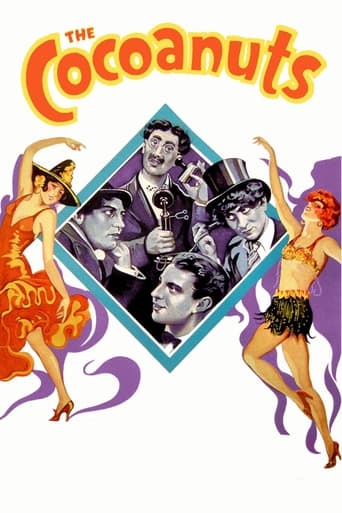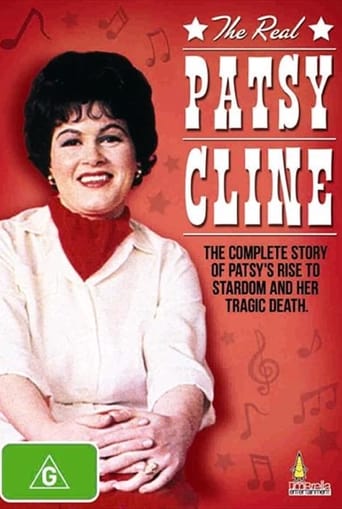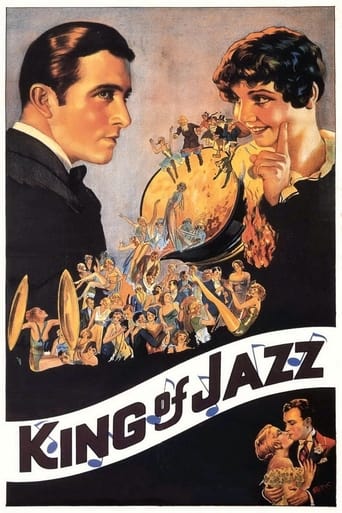
King of Jazz (1930)
Made during the early years of the movie musical, this exuberant revue was one of the most extravagant, eclectic, and technically ambitious Hollywood productions of its day. Starring the bandleader Paul Whiteman, then widely celebrated as the King of Jazz, the film drew from Broadway variety shows to present a spectacular array of sketches, performances by such acts as the Rhythm Boys (featuring a young Bing Crosby), and orchestral numbers—all lavishly staged by veteran theater director John Murray Anderson.
- Robert Ross
- John Murray Anderson
- Edward T. Lowe Jr.
- Harry Ruskin
Rating: 6.2/10 by 35 users
Alternative Title:
O Rei do Jazz - BR
Country:
United States of America
Language:
English
Runtime: 01 hour 38 minutes
Budget: $2,000,000
Revenue: $0
Plot Keyword: dance, sketch comedy, pre-code, big band
The title of this film is a touch misleading. I was expecting much more of a jazz-based musical revue but instead got pretty much a whole gamut of colourful and precisely staged repertoire. Paul Whiteman and his accomplished orchestra provide the conduit, as it were, as a variety of performers sing, dance and make us laugh (or cringe) for the next hundred minutes. There's a bit of Bing Crosby's first screen appearance with the "Rhythm Boys" doing a lively version of "Happy Feet" and probably my favourite staging of George Gershwin's "Rhapsody in Blue" - featuring an orchestra within the belly of the grandest of pianos. What this illustrates really effectively is the huge variety of musical skills that audiences in 1930 could expect to see, and at just how versatile the orchestra was when it came to playing themes from just about every genre. Whoever thought about playing some patriotic Souza on a bicycle pump? It looks great and it sounds good but for me, not being an American, too many of the acts - especially the comedy - didn't really travel. The production itself, though probably impractical to deliver, needed a live audience to breathe some life into it. The skills there are superb, but the whole thing is just a bit sterile and lifeless. As an history of what engaged the American people in the 1920s, this in still an interesting piece of entertainment nostalgia, though - and it is worth a watch.


